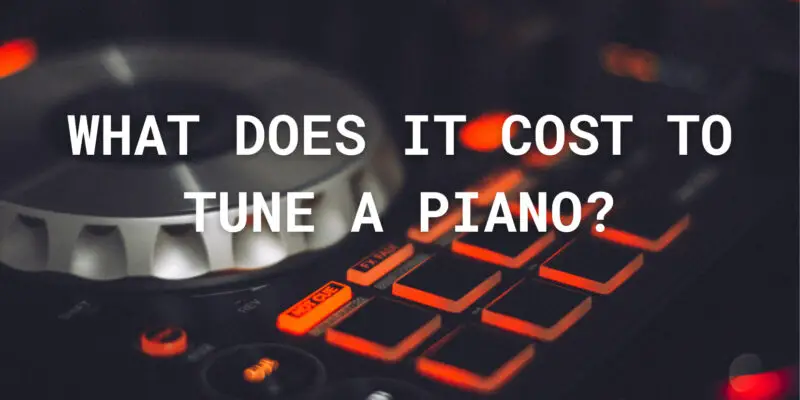Tuning a piano is a vital aspect of piano maintenance that ensures the instrument sounds its best. Over time, a piano’s strings can lose tension and go out of tune due to factors like changes in temperature and humidity. Many piano owners wonder about the cost of piano tuning and what factors influence the price. In this article, we will explore the cost of tuning a piano and the variables that impact the final price.
1. The Average Cost of Piano Tuning
The cost of piano tuning can vary depending on several factors, including location, piano type, and the tuner’s experience. On average, a standard piano tuning can range from $100 to $200. However, it’s important to note that this is a general estimate, and actual costs can fall outside this range.
2. Factors Influencing the Cost
Several factors can influence the cost of piano tuning:
- Location: The cost of living and the demand for piano tuners in your area can significantly impact the price. Tuning in urban areas or regions with a higher cost of living may be more expensive.
- Piano Type: The type and condition of your piano can affect the cost. Grand pianos, for example, often require more time and expertise to tune compared to upright pianos. Additionally, if your piano has not been tuned in a long time or requires additional maintenance, it may incur additional charges.
- Tuner’s Experience: Experienced and highly skilled piano tuners may charge more for their services. Their expertise ensures that your piano is tuned accurately and to the highest standards.
- Frequency of Tuning: If your piano has not been tuned in several years, it may require more extensive work to bring it back into tune. In such cases, the cost may be higher.
- Additional Services: Some piano tuners offer additional services, such as piano voicing or regulation, which can enhance the instrument’s tone and playability. These services may come at an additional cost.
3. Tuning Frequency
The frequency with which you should tune your piano can impact the overall cost. Here are some general guidelines:
- Regular Tuning: If you tune your piano regularly (every six months to a year), it may require less time and effort to maintain its pitch, potentially reducing the overall cost.
- Infrequent Tuning: If your piano has gone several years without tuning, it may require more work to bring it back into tune, which can increase the cost.
4. Importance of Professional Tuning
While the cost of piano tuning may vary, it is essential to prioritize professional tuning by an experienced piano technician. Attempting to tune a piano without the necessary expertise can lead to damage and further expenses for repairs.
Conclusion: Investment in Sound
In conclusion, the cost of piano tuning varies based on location, piano type, tuner’s experience, and additional services. Regular tuning by a skilled technician is an investment in preserving the sound and integrity of your piano. To get an accurate estimate for tuning your piano, it’s best to consult with a reputable piano tuner in your area who can assess your instrument’s specific needs and provide a tailored quote. Ultimately, the cost of tuning is a small price to pay for the joy and harmony that a well-tuned piano can bring to your musical life.


